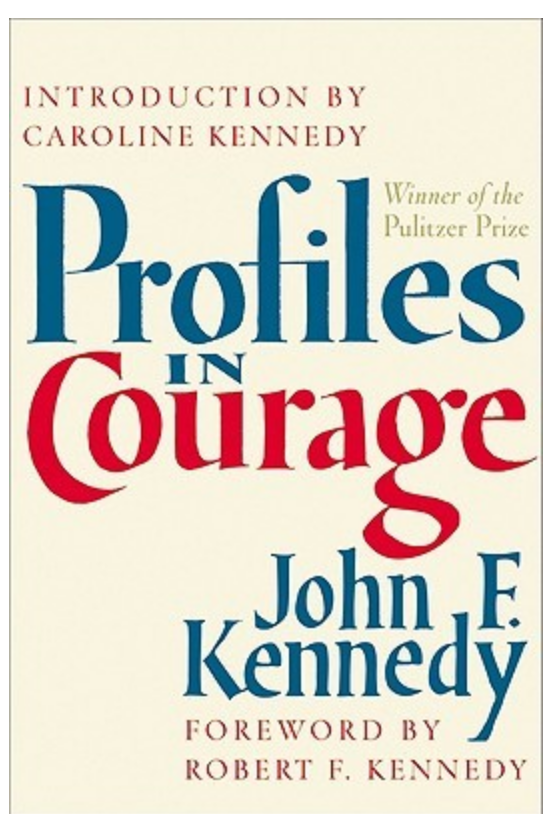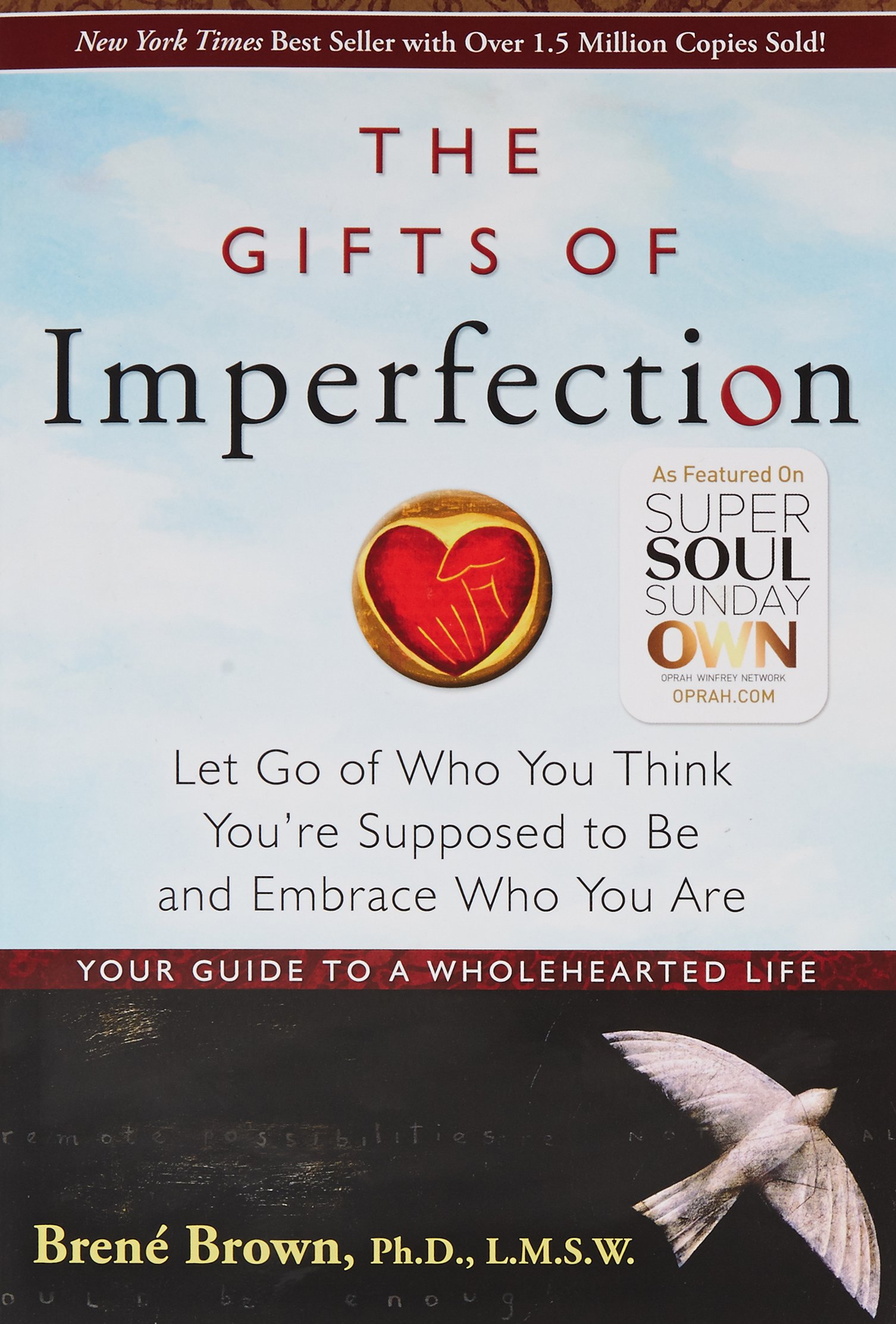Does ‘political courage’ apply any more?
By Paul Udoto Nyongesa
When one reads John F. Kennedy’s 1957 Pulitzer classic, it comes across as a timeless clarion call to all Americans to take conscientious stands on button hot issues of the day. He profiles eight of his historical colleagues for their willingness to risk their careers to maintain the integrity of their personal value systems and their love of country.

Universal application
Now, more than a half-century later, the book retains universal application as a testament to celebration of that most noble of human virtues, political courage. It raises questions about role of political courage in addressing current divisive issues such as arms race, racialism, gun control, immigration and healthcare.
Daughter Caroline Kennedy’s introduction to the book highlights her father’s teaching that “we are never too old or too young for public service” and sums up John F. Kennedy’s life and career with places his famous quote: “Ask not what your country can do for you, ask what you can do for your country”.
Legacy
She notes that JFK’s legacy lives in the thousands of Americans who were inspired to take political and social action by involving themselves in their communities, their neighborhoods, the Civil Rights Movement, and the Peace Corps.
The overriding question the book raises is what is political courage? What must one do to earn him or herself the honorific of being identified as a courageous man or woman? The underlying answer to these questions running throughout Profiles is this: courageous actions involve actions done in spite of pressure or resistance to do otherwise, or in other words, a courageous person is someone who goes against the grain in order to do what’s right.
Kennedy concludes that the courage was displayed in many nuanced ways. “Some demonstrated courage through their unyielding devotion to absolute principle. Others demonstrated courage through their acceptance of compromise, through their advocacy of conciliation, through their willingness to replace conflict with cooperation”
Universal virtue
The universality of the virtue of courage is captured when Kennedy concludes that “the same basic choice of courage or compliance continually faces us all, whether we fear the anger of constituents, friends, a board of directors or our union, whenever we stand against the flow of opinion on strongly contested issues.”
Kennedy concludes that to be courageous, the stories make it clear, “requires no exceptional qualifications, no magic formula, no special combination of time, place and circumstance.”
“In whatever area of life, one may meet the challenge of courage, whatever may be the sacrifices he faces if he follows his conscience — the loss of his friends, his fortune, his contentment, even the esteem of his fellow men — each man must decide for himself the course he will follow.”
Book of hope
Profiles in Courage is, as the author’s brother Robert F. Kennedy states in the foreword, “not just stories of the past but a book of hope and confidence for the future. What happens to the country, to the world, depends on what we do with what others have left us.”
This book inspired other political careers: Profiles In Character, by Gov. Jeb Bush, and Profiles In Courage for Our Time, by Caroline Kennedy (JFK’s daughter), and Why Courage Matters and Hard Call, by Sen. John McCain.
The book also led to the creation of John F. Kennedy Profile in Courage Award in 1989 by members of President Kennedy’s family to honor President John F. Kennedy and to recognize and celebrate the quality of political courage that he admired most. It also inspired an American historical anthology series that was telecast weekly on NBC from November 8, 1964 to May 9, 1965.
Overall, the book is relevant today given the pervasive political partisanship and lack of integrity in public office. During a time of increasing public cynicism, recognizing and honoring courageous leaders has never been more important.

